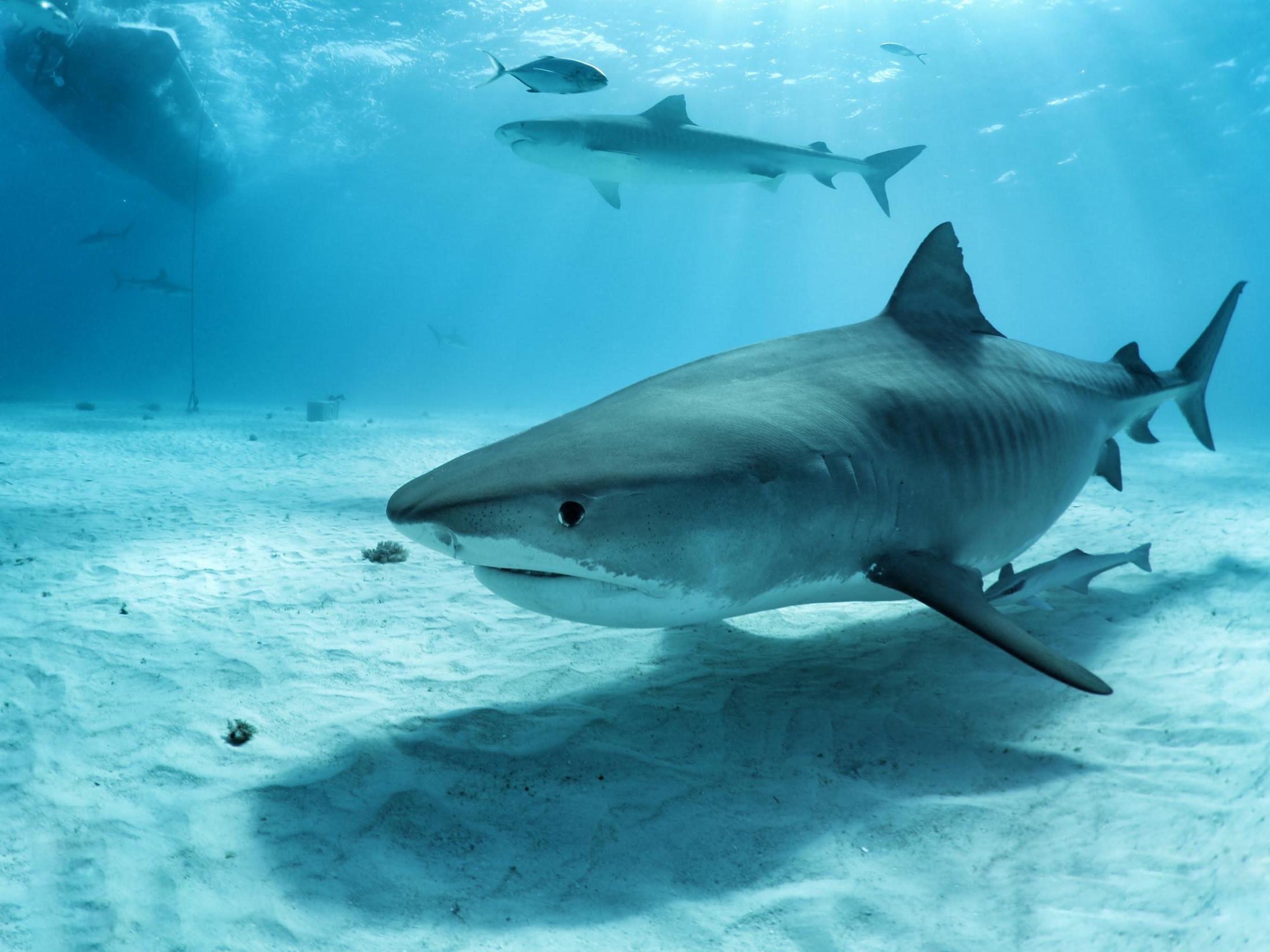This website uses cookies so that we can provide you with the best user experience possible. Cookie information is stored in your browser and performs functions such as recognising you when you return to our website and helping our team to understand which sections of the website you find most interesting and useful.

Various species of marine life in the Caribbean yet to be fully observed by science could be wiped out before humanity gets a chance to see them if governments do not come together to protect sharks, whales and turtles in the region, researchers have warned.
The waters around the more than 700 islands of the Caribbean are among the most biodiverse places on the planet, containing the greatest concentration of marine species in the Atlantic Ocean as well as around 8 per cent of the world’s coral reefs.
However scientists from Beneath the Waves, a research NGO which operates in the region, have warned animals little known to science are at risk of being killed off by overfishing in the region.
And while many Caribbean nations have set up Marine Protection Areas (MPAs) that limit fishing, overlapping territories and complex histories of power in the region have meant few are big enough to protect vital areas for sharks, whales and turtles - three of the most threatened groups of marine vertebrates.
Austin Gallagher, Beneath the Waves’ founder and chief scientist who has called for a multinational approach to protecting the region’s biodiversity, told The Independent the issue should be on the table at the UN’s upcoming climate and biodiversity summit COP26, due to be hosted in Glasgow later this year.
Created with Sketch.
Created with Sketch.
1/10 Jump
Overall winner of the competition
Csaba Daroczi/NPOTY 2019
2/10 Up in the Air
Winner in the Underwater category
Alexey Zozulya/NPOTY 2019
3/10 Climbing to the Sweet
Finalist in the Mammals category
Jose Juan Hernandez/NPOTY 2019
4/10 Help Us
Finalist in the Man and Nature category
Tom Svensson/NPOTY 2019
5/10 Tapir Diver
Finalist in the Mammals category
Marcio Cabral/NPOTY 2019
6/10 Symphony No 5
Winner of the Youth category
Giacomo Redaelli/NPOTY 2019
7/10 White Rhino Trophies
Finalist in the Man and Nature category
Britta Jaschinski/NPOTY 2019
8/10 Hunt in Sun
Finalist in the Other Animals category
Wei Fu/NPOTY 2019
9/10 Flower Power
Finalist in the Landscapes category
Brandon Yoshizawa/NPOTY 2019
10/10 Sunsets
Finalist in the Man and Nature category
Pedro Narra/NPOTY 2019
1/10 Jump
Overall winner of the competition
Csaba Daroczi/NPOTY 2019
2/10 Up in the Air
Winner in the Underwater category
Alexey Zozulya/NPOTY 2019
3/10 Climbing to the Sweet
Finalist in the Mammals category
Jose Juan Hernandez/NPOTY 2019
4/10 Help Us
Finalist in the Man and Nature category
Tom Svensson/NPOTY 2019
5/10 Tapir Diver
Finalist in the Mammals category
Marcio Cabral/NPOTY 2019
6/10 Symphony No 5
Winner of the Youth category
Giacomo Redaelli/NPOTY 2019
7/10 White Rhino Trophies
Finalist in the Man and Nature category
Britta Jaschinski/NPOTY 2019
8/10 Hunt in Sun
Finalist in the Other Animals category
Wei Fu/NPOTY 2019
9/10 Flower Power
Finalist in the Landscapes category
Brandon Yoshizawa/NPOTY 2019
10/10 Sunsets
Finalist in the Man and Nature category
Pedro Narra/NPOTY 2019
“In the past the focus has really been on doing MPAs for the local benefit - say there's a small species of grouper, or we're trying to create a marine reserve to promote sustainable fisheries” Dr Gallagher said. “And those things are great but they don't consider, big animals that move through them”.
“In most places in the Caribbean the water goes from shallow to deep really quickly, and we're now seeing that there's a lot of interesting marine biodiversity happening below 1,000 feet - species of sharks, incredible invertebrates, and these are really deep sea riches that we haven't even really been able to describe them yet”
“I think we have a duty to explore our own planet before it disappears” he added. “These animals were here a long time before we were and we deserve to give them a shot.”
It comes amid a broader breakdown in biodiversity on the planet which has seen scientists warn Earth is in the grip of its sixth mass-extinction event – and the first to have been triggered by humanity.
In the oceans, overfishing has led to the critical depletion of 90 per cent of fisheries worldwide, while more than half of the world’s oceans are subject to industrial fishing.
However geopolitical makeup of the Caribbean – a number of developing island nations relatively close together, many of which previously existed as colonies of the UK, US, France and the Netherlands – makes setting up a unified agreement on how to treat the nation’s waters difficult to establish.
There are currently 33 large-scale MPAs across the globe – but none in the Caribbean Sea, according to a letter from scientists including Dr Gallagher which was published in the journal Science to urge action in the region.
“There are obviously local threats… but the real greater threat to the biodiversity here is other countries coming in and fishing,” he said.
“The Caribbean, as lovely as it is, is made up of developing countries that want to advance their economies and create a better future for their people, which I understand and really appreciate - but, in return for infrastructure development, countries coming in - for example China - may want to have access to fishing in these relatively pristine pockets of biodiversity.”



 Africana55 Radio
Africana55 Radio 

